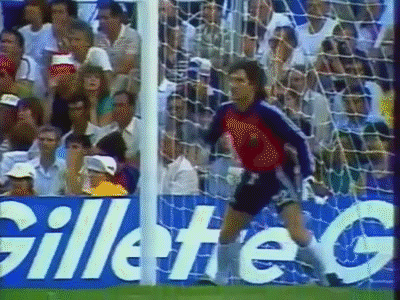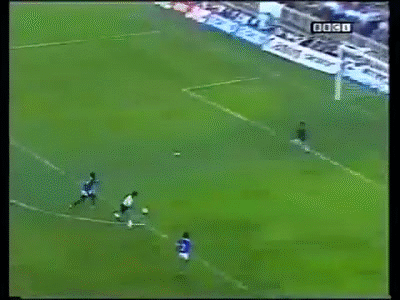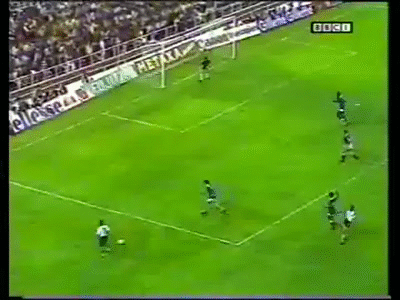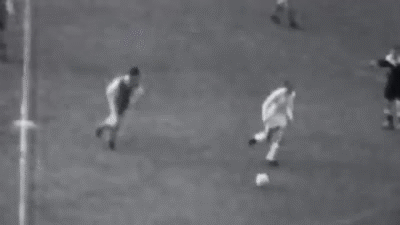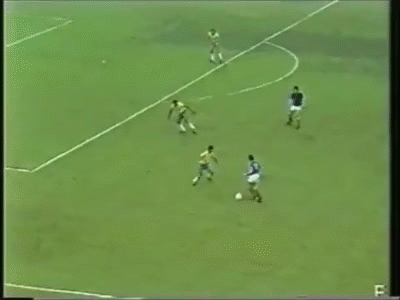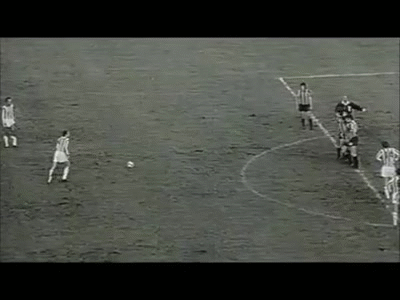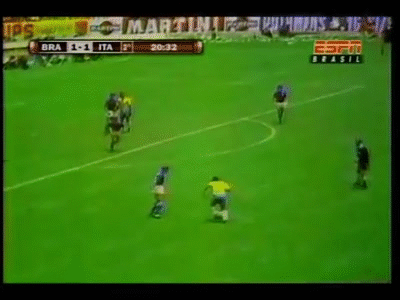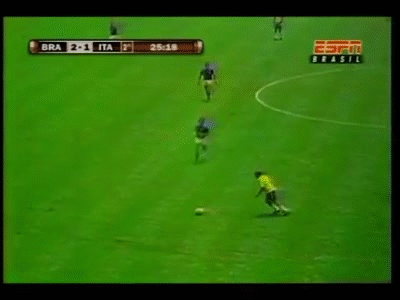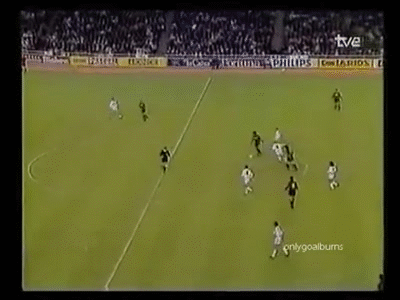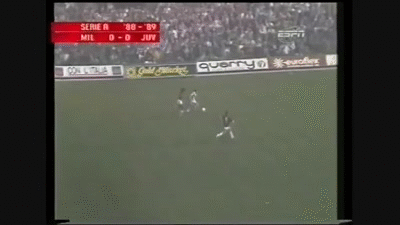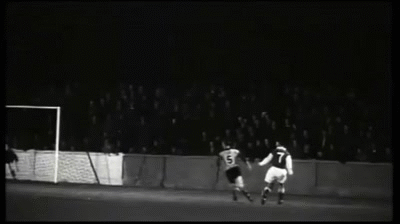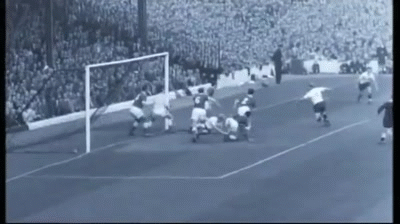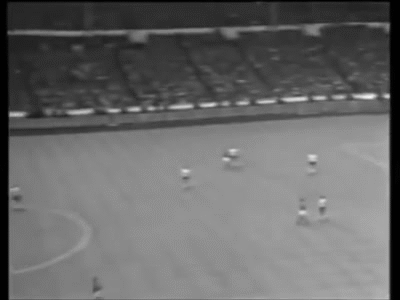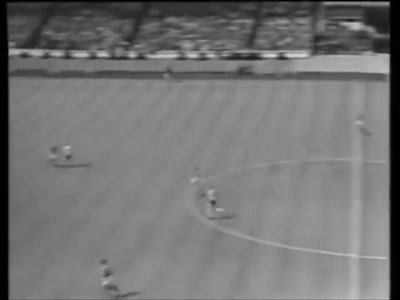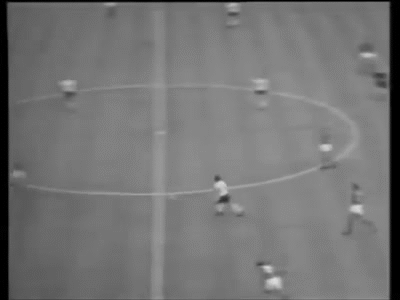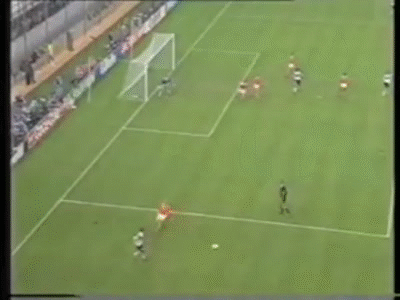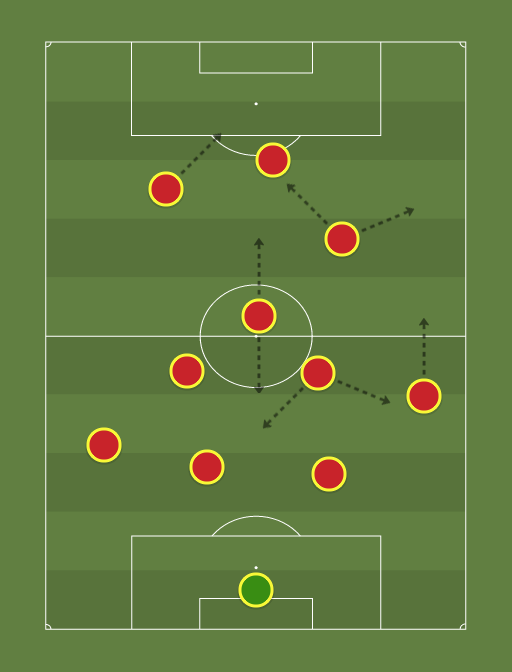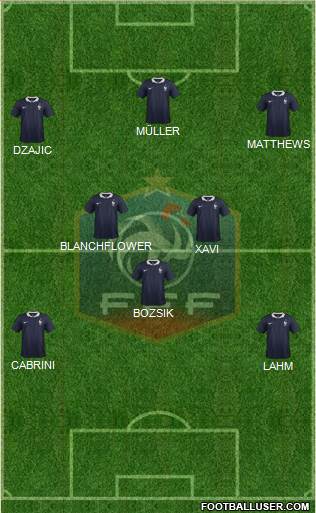Paul Janes was a defender for Fortuna Dusseldorf in 1930-1941 and 1947-1951. Between 1932 and 1942, he represented German national team a total of 71 times and remained the most capped player until the record was overtaken by Uwe Seeler in 1970's. He was
a member of the legendary "Breslau Eleven" that defeated Denmark 8-0 in May 1937
As a little boy, Janes started playing first team football for his home club Jahn Küppersteg. At the age of 16 years, Janes was already regarded as a highly talented played
Janes' performance in a friendly match caught the eyes of Willi Pesch (1907-1940) and Stanislaus Kobierski (1910-1972) from Fortuna Dusseldorf, and gave him a trial at their club. Beginning of 1930, Jane was inducted into the ranks of Fortuna. Already a hit in his first friendly match, he finally moved up to the first team
In his first season in 1931, Paul Janes has established himself as right-back for Fortuna Dusseldorf and won the Western German football championship
In 1933, Paul Janes helped Fortuna Dusseldorf to win the German football championship. The championship final took place in the Müngersdorfer Stadium Cologne, in which Fortuna beat FC Schalke 04 3:0. Paul Janes was celebrated by the fans and the press as a "hero of Müngersdorf". Prior to final, Fortuna beat Rasensport Gleiwitz 9:0, Arminia Hannover 3:0 and Eintracht Frankfurt 4:0. Till this day, the victory in the Cup final in 1933 is the greatest success in the club's history of Fortuna
Janes was called up by Germany national team, and played his second international match in 10.22.1933. His impressive performance at 8:1 victory over Belgium cemented his status as an indispensable key players
The surprising third place finish at the FIFA World Cup in Italy 1934 was Janes' biggest international success. Although the German team, which has the youngest squad with an average age of 23 years, was considered as non-favourite in the World Cup, they won in an exciting game for third place against favorites Austria 3:2. Jane was one of the most outstanding player in the tournament
Janes was known by his coaches, as well as players and referees as affable and "easy-care".
He was appreciated for his speed, positional sense, ball control and power, which most strikers feared
In 1937, Janes competed on the international stage again under the new coach Sepp Herberger. The German team was outstanding, winning ten of its eleven international matches. In 05/16/1937 at the stadium of the Silesian metropolis Wroclaw, German won 8:0 against Denmark. The German team celebrated football at its best. Denmark, who was actually a strong opponent, was literally swept off. The victory went down in history not only by the margin of victory, but also the exciting style of play especially from five-goal scorer Otto Siffling and Paul Janes as "Breslau Eleven". The superiority of the German team in 1937 made the "Breslau Eleven" one of the top favorites for the World Cup. However, the "annexation" of Austria in 12.3.1938 to the German Reich destroyed Paul Janes and his teammates' title dream. For political reasons, coach Sepp Herberger was forced to change the team's formation, and played six Germans and five Austrians in the starting eleven. Janes was forced to play in midfield. His team eventually lost to Switzerland 2:4 in second round
In his 71 internationals from 1932 to 1942, Janes scored seven goals and was able to record 41 wins and 14 draws. He wore the captain's armband in 31 games
The outbreak of World War II and the resulting adjustment of the international game operation interrupted his national career. It was only after the war ended in 1945, Janes returned to Dusseldorf and played from 1947 until end of his career in 1951, curtailed by injury. Overall, he completed another 73 games for Fortuna and scored 14 goals
Paul Janes died in 12.6.1987 due to heart failure. The old stadium of Fortuna Dusseldorf was renamed as Paul-Janes-Stadion in his honor




